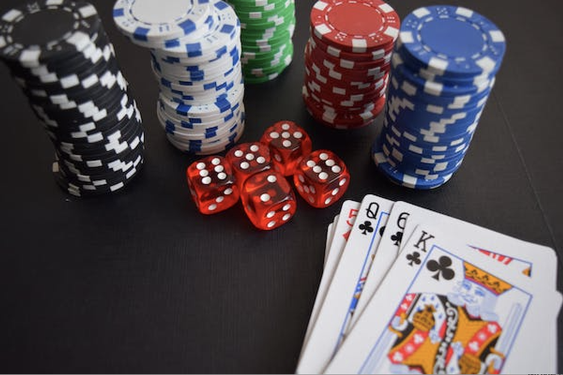But the ability to lay down a big hand can be just as important. It might seem counterintuitive, but folding when you believe you're beaten allows you to maintain your stack.
With blinds at $100-$200 with a $25 ante at the $25,000-buy-in World Poker Tour Championship at Las Vegas' Bellagio in April, respected tournament pro Robert Williamson III was on the button with A-10 offsuit. David Colclough, a top European player with a stack of about $90,000 compared to Williamson's $50,000, raised to $600 from late position.
“He'd been raising a lot of pots,” Williamson says. “I smooth-called.”
The flop came 10-10-J, rainbow, giving Williamson a set of 10s. Colclough thought for a while before checking.
Williamson bet $1,200. Colclough check-raised to $3,000.
“I love my hand,” says Williamson. “I'm not calling here because I'm afraid. I'm calling because I want to trap. If he has a weak 10, then he's going to lead again.”
The turn came an offsuit 3. Colclough checked again. Williamson bet $5,700. Colclough made it $14,000.
“He check-raised me again!” Williamson says. “I'm thinking he would've led with a weak 10, so he probably doesn't have a weak 10 here. Could he have two 3s? I also thought he'd make the same play here with K-10, Q-10 or A-10 ... I had to smooth-call and see what he does on the river.”
The river came a blank 6. Colclough moved all in. Williamson was facing a call for his tournament life.
“I'm trying to get a read,” Williamson says. “I kept thinking that if he checked-raised on the turn, he has to have two 3s and I gave him a free card and he beat me. I never thought he had jacks full. On the flop when he check-raised and check-raised again on the turn, it indicated to me that it wasn't jacks full because if I have a 10, he wants to get paid off on jacks full, so he'd want to lead.
“I finally laid the hand down. I mucked it after a long debate. I just felt like I was beat. I don't want to get my money in against a really good player when I'm not certain.”
Colclough won the pot, but never showed his cards. However, Colclough was blogging for his Web site, Blondepoker.com, so Williamson called his wife and asked her to check Colclough's site to see if he posted the hand the way many players do when they're in tournaments.
Sure enough, his Web site said he had J-10 of diamonds. Colclough had made 10s full. Williamson had made a great laydown.
© 2007, Chicago Tribune.
Distributed by McClatchy-Tribune Information Services.



